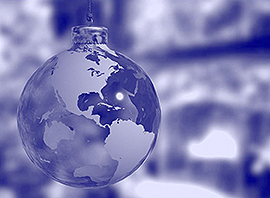Every Friday morning, Professor Karen Bartlett makes the rounds of the School of Population and Public Health – collecting recyclable refuse, washing it, and sorting it.
Ever since coming to UBC in 2000, Dr. Bartlett has been devoting some of her spare time to shrinking the school’s environment footprint, extending her own private efforts to her workplace – even if it means occasionally digging out week-old sushi from a plastics recycling bin.
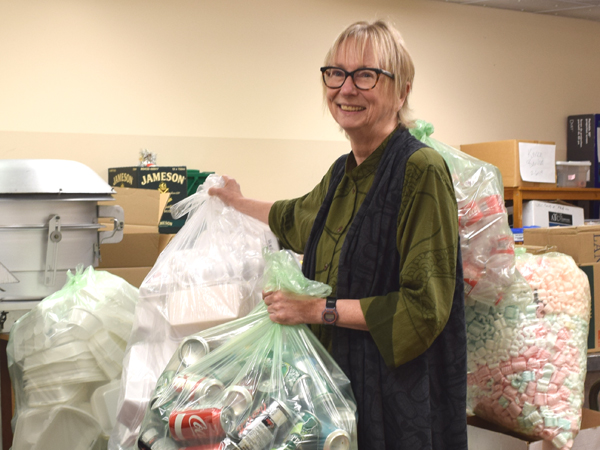
Even though I’m just one person, it’s important to the world and the way we frame our responsibility for living in community.
– Karen Bartlett, Professor in the School of Population and Public Health
Those efforts extend into her weekend, when she and other volunteers take the plastic bags, paper, containers, electronics, batteries, stationery, lab equipment and more to various depots. Styrofoam goes to one facility; electronics, or “dead things with cords”, to another; cereal bags are mailed to a depot in Fergus, Ontario, and so on.
“I’m usually the one hauling it, because my car is the one that can accommodate big, bulky bags,” she says.
As part of the Occupational and Environmental division, caring about the environment is a natural focus, she says.
“Even though I’m just one person, it’s important to the world and the way we frame our responsibility for living in community.” Plus, “I have this real thing about styrofoam.”
Dr. Bartlett is assisted by a corps of students, faculty and staff volunteers, along with the UBC custodial staff, who now collect the green bins that her crew used to empty.
There have been tweaks required along the way, such as using cider-based traps to draw away the fruit flies from green waste bins. She also has introduced or supported a number of sustainability initiatives at the school, such as ensuring reusable, recyclable cutlery and plates are available for events; recycling laboratory refuse; collecting refundable containers to fund recycling efforts; creating homemade collection boxes; encouraging people to bring recycling from home if they cannot make it to depots; and introducing composting to the premises, which she considers the most rewarding.
“This is going to make new soil,” she says. “That really feels like it’s creating a circle.”
Related Stories: Giving Back
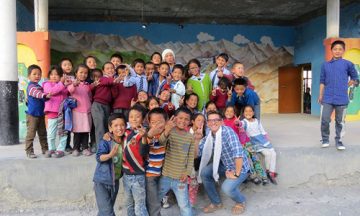
MD student Max Moor-Smith talks about his summer research project in India
Second-year medical student Max Moor-Smith shares his experience providing health education for children in Spiti Valley, India. Read More >
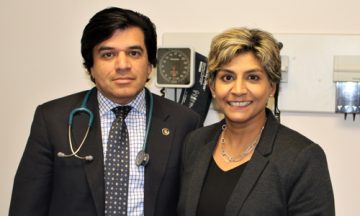
Changing lives — one diagnosis and lesson at a time
The vast majority of adults with ADHD don’t even know they have it. Drs. Gurdeep and Anita Parhar are working to change that. Read More >
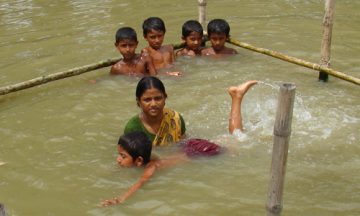
A lifetime of lifesaving leads a faculty member to Bangladesh’s “drowning fields”
Clinical Professor Steve Beerman aims to reduce childhood drowning in Bangladesh. Read More >
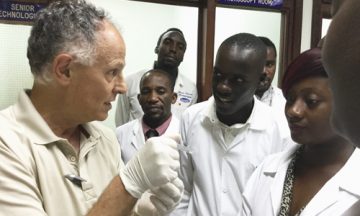
Back to the basics
UBC’s Ed Conway is tackling hemophilia in Uganda using ‘older’ and ‘better’ technology Read More >
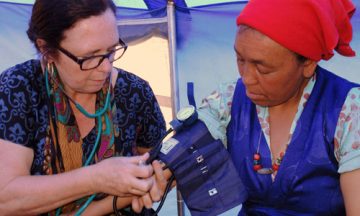
Improving maternal health at home and abroad
A conversation on global maternal health with UBC Midwifery Instructor Cathy Ellis. Read More >
